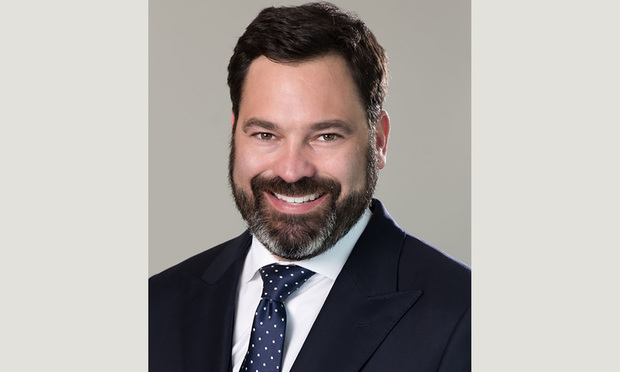“The word ‘disinterested’ really needs to be put into context to what that means for both sides,” Lopez said.
The appellate court, in its opinion, said State Farm had failed to show that the trial court’s order did not follow “the essential requirements of the law,” and would cause material injury to State Farm that could not be remedied on appeal. The Third DCA said it had to deny State Farm’s petition, because the trial court relied upon two previous Third DCA decisions, which were binding precedent.
Before granting the Sanders’ motion for rehearing, the appellate court had previously ruled in favor of State Farm. In its earlier decision, the Third DCA had found that a public adjuster who is in a contractual agent-principal relationship with the insured could not be a disinterested appraiser, and overturned the trial court’s order
Before the hurricane, the Sanders had paid for a homeowners’ insurance policy with State Farm to provide coverage for property damage, according to the opinion. They filed suit against State Farm for allegedly breaching that contract, when the insurer refused to pay for hurricane damage to their home.
State Farm and the Sanders disagreed about the amount of the loss.
The homeowners had a public adjuster help them quantify the damage, pinning it at around $90,000. When State Farm refused to pay their claim, pointing out the 10% contingency fee for the adjuster, the Sanders decided to start an appraisal process. State Farm refused to participate, saying the adjuster hired by the insured could not be the client’s appraiser.
“Every time we have a hurricane, a lot of these cases get resolved through the appraisal process,” Lopez said. “So if a policyholder has to hire not one, but two different people, that money comes out of their pocket. It ultimately diminishes the value of their claims.”
This content has been archived. It is available through our partners, LexisNexis® and Bloomberg Law.
To view this content, please continue to their sites.
Not a Lexis Subscriber?
Subscribe Now
Not a Bloomberg Law Subscriber?
Subscribe Now
LexisNexis® and Bloomberg Law are third party online distributors of the broad collection of current and archived versions of ALM's legal news publications. LexisNexis® and Bloomberg Law customers are able to access and use ALM's content, including content from the National Law Journal, The American Lawyer, Legaltech News, The New York Law Journal, and Corporate Counsel, as well as other sources of legal information.
For questions call 1-877-256-2472 or contact us at [email protected]


 Anthony M. Lopez, Shareholder of Marin, Eljaiek, Lopez & Martinez.
Anthony M. Lopez, Shareholder of Marin, Eljaiek, Lopez & Martinez.





